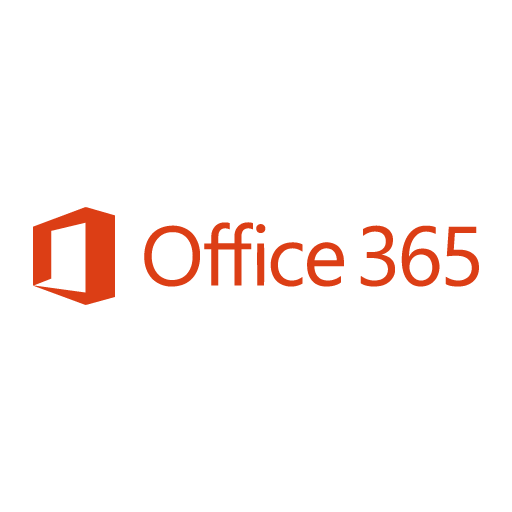How A First-Time Entrepreneur Launched An Online Tool To Sign NDAs
Hello, I’m Arthur Swanson, the founder of VirtualTerms.com. VirtualTerms standardizes and streamlines common business agreements to make it easy for two parties to agree quickly and move on with doing business together.
We just launched our initial agreement - our streamlined and standardized NDA (or non-disclosure agreement). If you want to have a discussion about your business with another party (let’s say to engage them as a customer, client, or vendor, or to make a pitch to a potential investor), and will be providing or discussing confidential information about your business, it’s wise to put a non-disclosure agreement in place. It prohibits them from providing the information to someone else or using it for their purposes.
Most NDAs are several pages of dense text and sending your unique form ends up requiring your potential business partner to review it all over again and slowing you both down. But we’ve standardized and streamlined the process.
Our NDA is free and takes just minutes for both parties to review and sign all online in one simple tool. It’s so easy you can do it all on your phone (see our easy dashboard below)

Download the report and join our email newsletter packed with business ideas and money-making opportunities, backed by real-life case studies.

Download the report and join our email newsletter packed with business ideas and money-making opportunities, backed by real-life case studies.

Download the report and join our email newsletter packed with business ideas and money-making opportunities, backed by real-life case studies.

Download the report and join our email newsletter packed with business ideas and money-making opportunities, backed by real-life case studies.

Download the report and join our email newsletter packed with business ideas and money-making opportunities, backed by real-life case studies.

Download the report and join our email newsletter packed with business ideas and money-making opportunities, backed by real-life case studies.

Download the report and join our email newsletter packed with business ideas and money-making opportunities, backed by real-life case studies.

Download the report and join our email newsletter packed with business ideas and money-making opportunities, backed by real-life case studies.



























